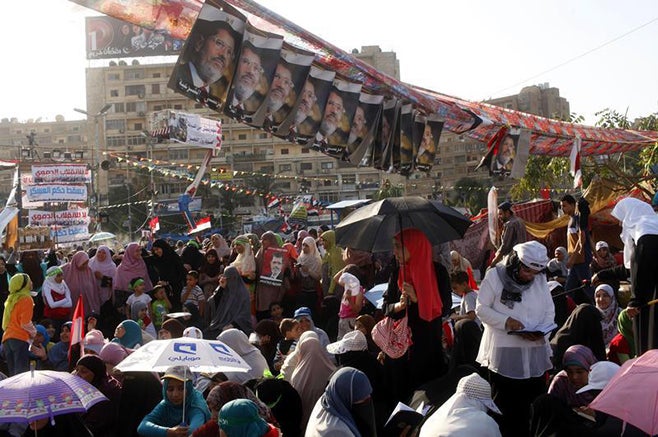By Ellis Cortez
Impunity Watch Reporter, South America
BOGOTA, Colombia – Thirteen Colombian soldiers have been killed in an ambush by the Revolutionary Armed Forces of Colombia (FARC) in the eastern province of Arauca, the country’s army said in a statement. Two sergeants and 11 soldiers were killed.

Another soldier was injured in the attack and is receiving medical treatment, the military said. The wounded soldier was transported to a hospital in the area. Last month, 15 soldiers were killed by the rebel group in the same region.
Army commander Gen. Juan Pablo Rodriguez traveled to the area to oversee the operation to track down the FARC guerrillas who carried out the attack. The FARC is Colombia’s main guerrilla and are estimated to have about 8,000 fighters, according to the defense ministry.
Even though FARC rebels and the Colombian government have been holding peace talks in Cuba, both sides are continuing to target each other militarily. The Colombian government and the FARC rebels have been holding peace talks in Havana, Cuba since November of 2012.
On August 23rd, the FARC announced a “pause” in the talks and the government subsequently withdrew its team of negotiators. The FARC announced a “pause” in order to study a proposal that any peace deal must be put to a referendum.
The chief government negotiator, Humberto de la Calle, said both sides would be back at the table on August 26th to continue peace talks. As of now, the two sides have reached an agreement on land reform, the first of six points on their agenda.
Current talks are now focused on political rights for the rebels, including the insurgents’ insistence that none of them be sentenced to prison. The FARC have also demanded seats in Congress and their own news media, but it has also for the first time acknowledged shared responsibility for the country’s suffering and a willingness to make amends to the victims.
The FARC has been at war with the Colombian government since the 1960s, making it the longest running insurgency in Latin America. The Colombian government has made fighting the FARC a top priority and has obtained billions in U.S. aid for counterinsurgency operations.
A recent study by Colombia’s National Centre for Historical Memory estimated that 220,000 people have died as a result of the five decades of conflict.
The FARC is on both the U.S. and EU lists of terrorist groups. The FARC’s operations are financed through drug trafficking, extortion and kidnapping.
For more information please see:
CNN – 13 Colombian soldiers killed by rebels – 25 August 2013
ABC News – 13 Colombian Soldiers Killed, Talks to Resume – 25 August 2013
The Telegraph – Farc kills 13 Colombian soldiers ahead of talks – 25 August 2013
Fox News Latino – FARC rebels kill 13 soldiers near Colombia’s border with Venezuela – 25 August 2013
BBC – Colombian soldiers killed in ambush in Arauca province – 24 August 2013



